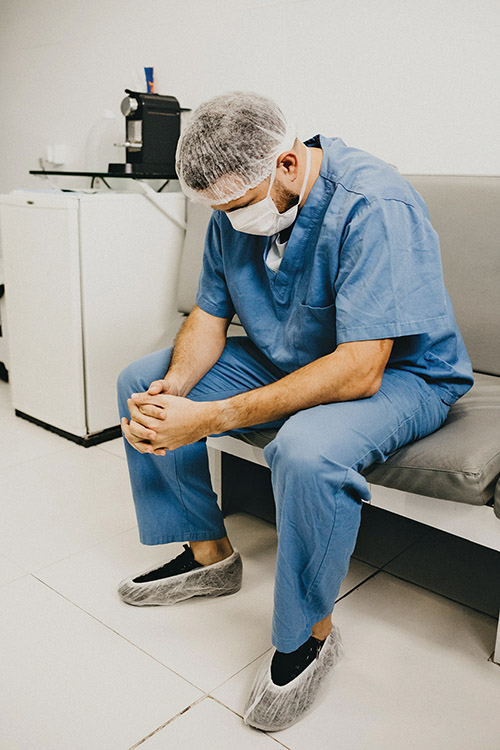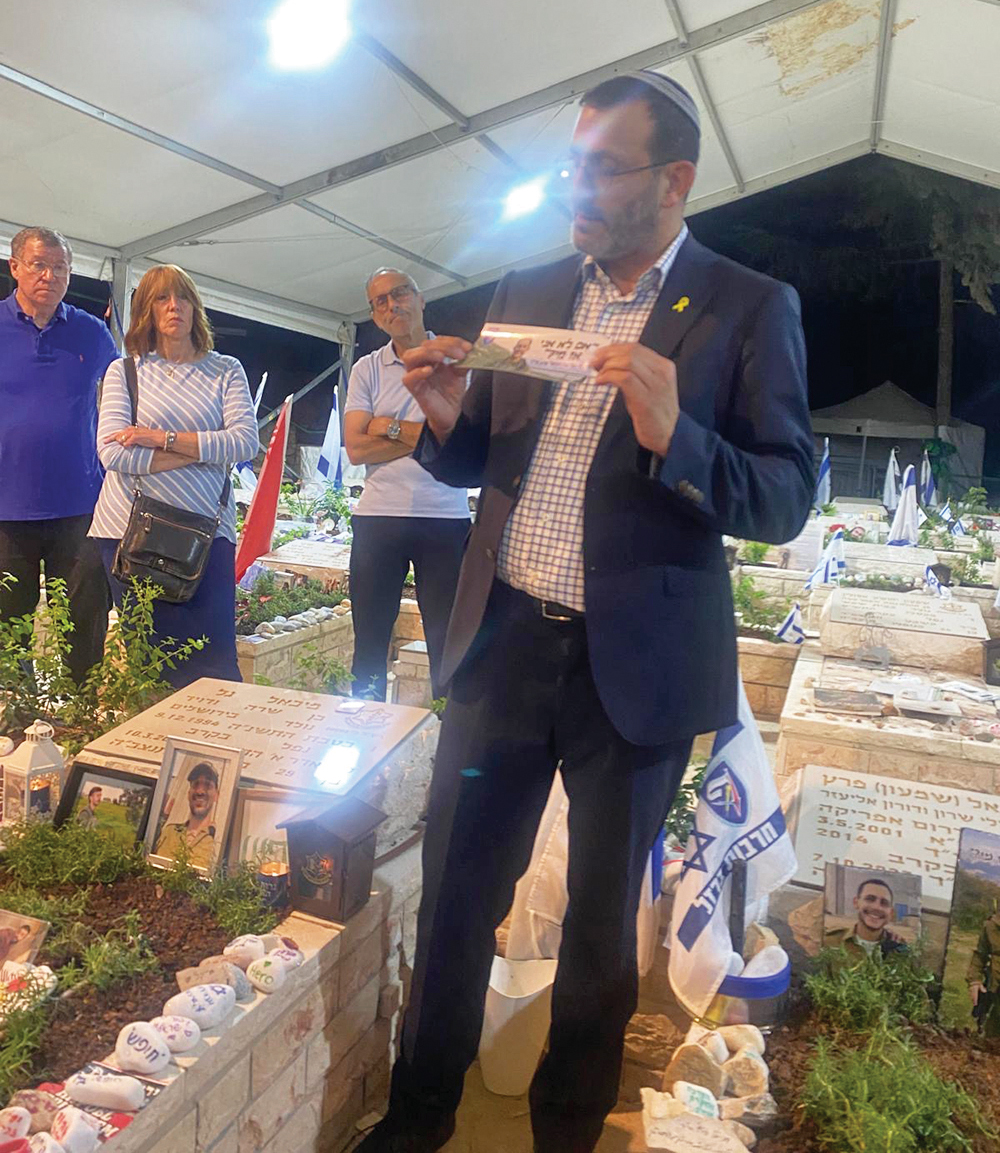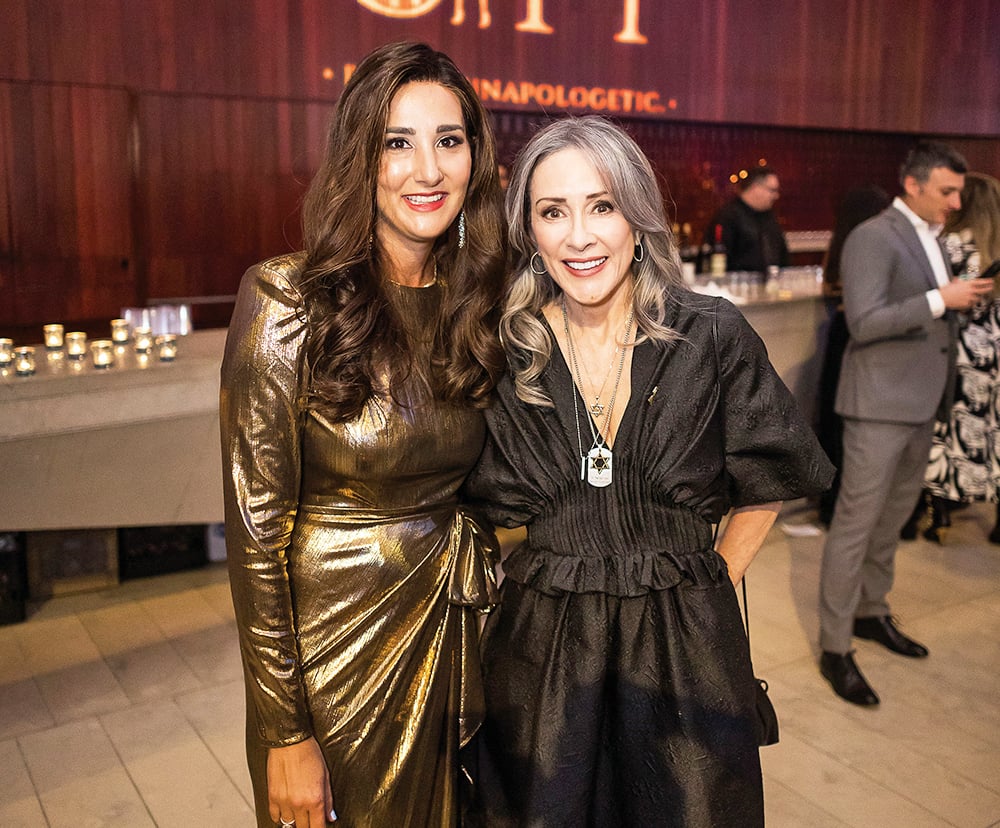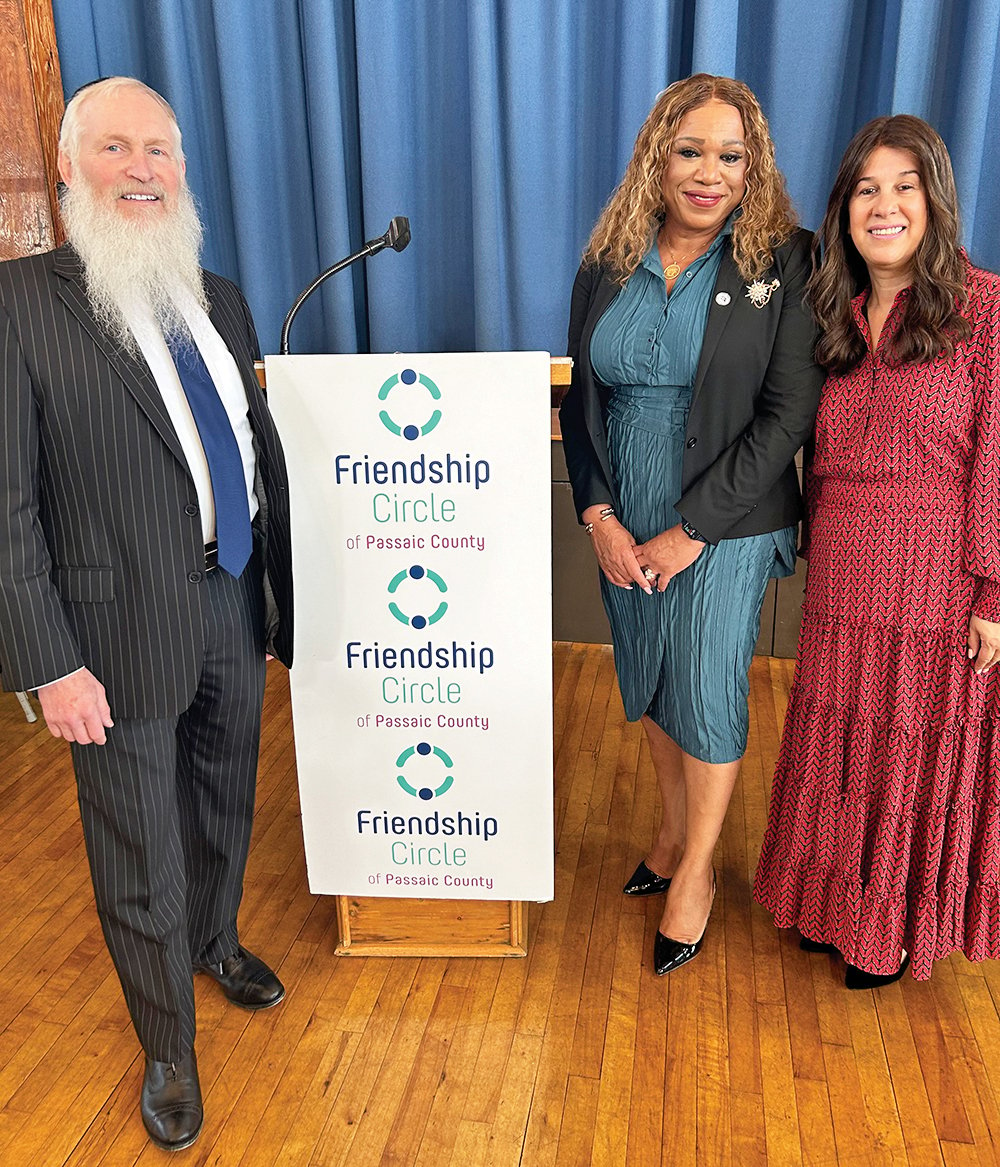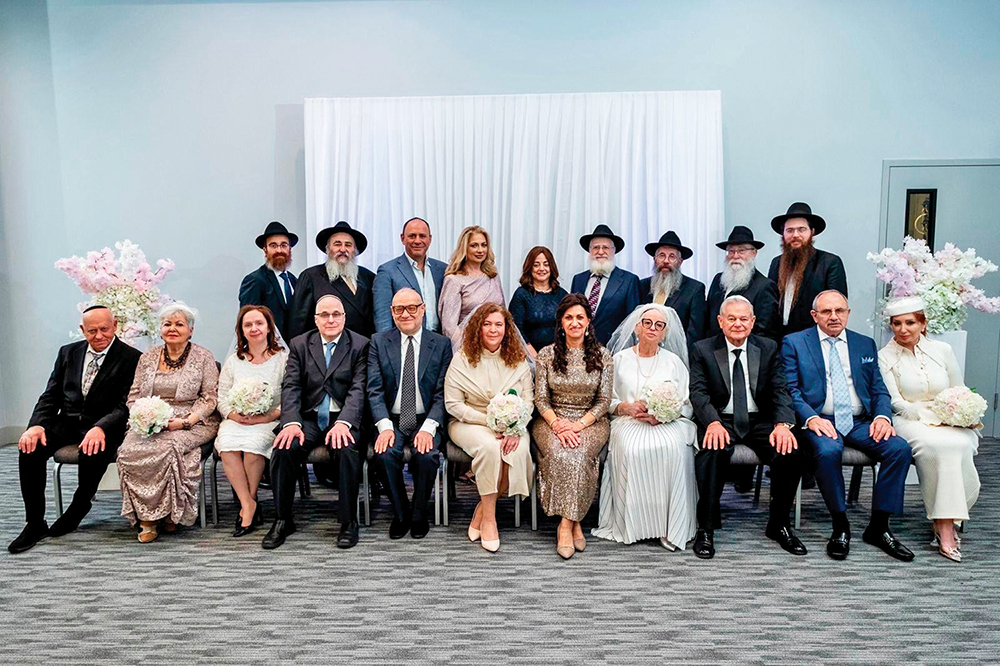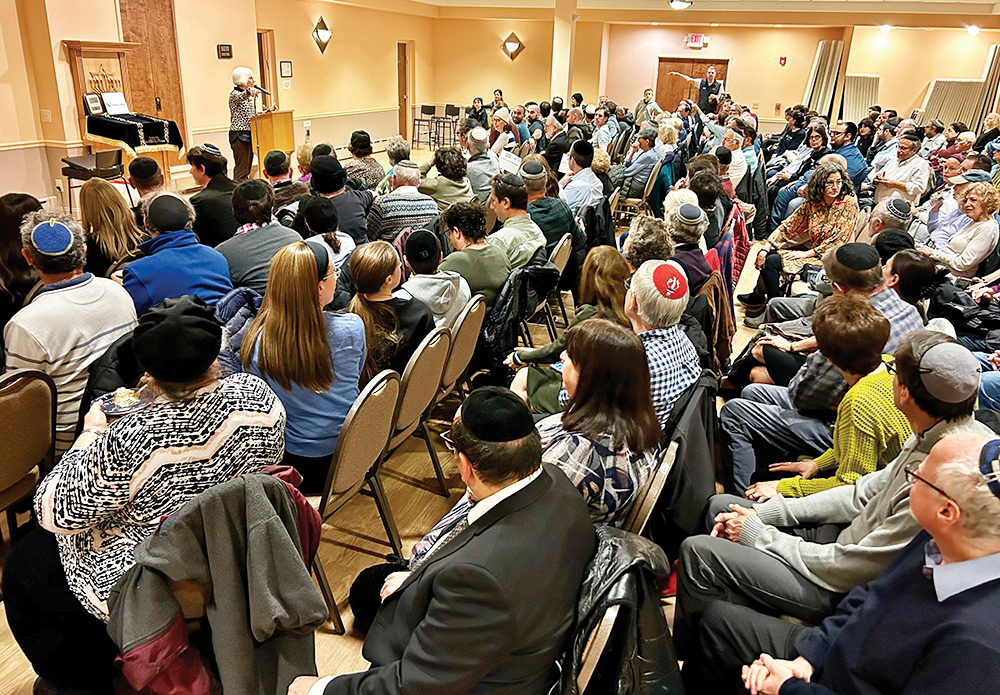
As we all hunker down in our homes and hope for good news, one of the things that unites us all is a renewed admiration and appreciation for the efforts of healthcare workers. We watch the ravages of COVID-19 in our towns, and across the globe, and we are in awe of the sacrifices healthcare workers take at this time, to care for the elderly, the ill and the infirm, despite the increased risk of exposure.
In the interest of gaining a better sense of what they are seeing, The Jewish Link asked a few frum healthcare workers from Middlesex County to share some of what they are seeing these days.
Dr. Elliot Frank of Edison offers this view from his role as medical director, quality & outcomes, at the Jersey Shore University Medical Center:
“We are about four weeks into the thick of it. We have lost 36 patients. The staff—the front-line nurses, residents, PAs, APNs and doctors—are tired and stressed. But their spirits are lifted by each success, and there are far more successes than failures. ‘Here Comes the Sun’ is playing over our PA system for the sixth time in the last four hours, each rendition celebrating a COVID-19 discharge, each rendition inspiring hope that we will get through this.”
RN Naomi Hanoch of New Brunswick shared this sampling of her experience going to work as a nurse in the neonatal intensive care unit at Hackensack Hospital:
“Each day I walk the same path to get onto my unit, a restricted floor in the hospital. I exit the garage on foot, along with hundreds of other healthcare workers, and walk up the hill to the hospital. Across from the garage in which I park is an enormous sign that says: ‘Healthcare workers are our heroes.’ As I enter the building, I see so many pictures that children have made in support of healthcare workers. From the scribbled coloring of a small child, to the careful penmanship of an older child, I feel less alone as I enter the hallowed halls of Hackensack Hospital.”
Yossi Benedek of Highland Park, an EMT who serves on the Edison/Highland Park Hatzolah First Aid Squad, offered this view of his experiences in the past few weeks:
“I have volunteered as an EMT for close to 28 years. Due to the nature of COVID-19, I am worried about my personal safety when responding to every call. Our local Hatzolah leadership is constantly updating the first responders with the state’s frequent changes to the COVID-19 treatment protocols. I’m grateful to them for that, and for keeping us supplied with hard-to-obtain items needed for COVID-19 treatments. Answering calls in general and now more than usual can be gut-wrenching, particularly if you know the patient. I was on a few calls where a patient had a child in the same class as one of my children. It connected me to the patient and I felt that I could have been a patient too, H”V. Although I don’t know their mother’s name, I try to include them in my daily Tehillim for the sick.”
Dr. Irving Kaufman of Highland Park, senior physician of Be Well Family Practice in Somerset, offered this view of his experiences these days:
“I find myself having to work on both Jewish holidays and the Sabbath to keep my patients alive… We are doing mostly telemedicine and working 12 to 14 hour days, Monday to Friday, and patient emergency on-call issues can take six to eight hours a day on weekends. It is both physically and emotionally exhausting but there are patients that we need to help in our practice … We and other family doctors need personal protection equipment such as N 95 masks and face shields and hoods and protective gowns and goggles. I pray that the Lord watch over us all and bring healing from this 11th plague.”
Nicole Dietz of Highland Park is a labor and delivery nurse at St. Peter’s University Hospital in New Brunswick. She shared this perspective:
“It is a rough time. We see that the protocols (on how to handle confirmed and possible COVID-19 cases) keep changing, because we’re all still learning about this virus. Each of us takes a turn being the ‘COVID-19 nurse’ and I see the tough decisions we must make, with limited time, staff and equipment. And every contact with a COVID-19 patient increases the chance of exposure. In this situation, I am so inspired that my colleagues still come to work. The demands have grown, the risks have increased, and yet they keep coming in, because they know they are needed. That is very moving to me.”
Dr. Miro Ukraincik of Edison, a physician in a Lakewood pediatrics practice, reported:
“I’m often asked, ‘Are you still going to work?’ ‘Why not switch to telemedicine?’ We do use it when we can, but there are many reasons why this isn’t always an option. First, many of our patients have either kosher phones or flip phones, not smart phones, and don’t have Wifi or internet access. And there are procedures we just cannot perform through a screen, like cauterizing a wound. This is especially relevant with newborns and babies up to 18 months, who need immunizations to stay healthy. While we are doing everything we can to prevent COVID-19, we must also ensure that other life-threatening illnesses, like measles, whooping cough and meningitis do not return in the meantime.”
By Harry Glazer


